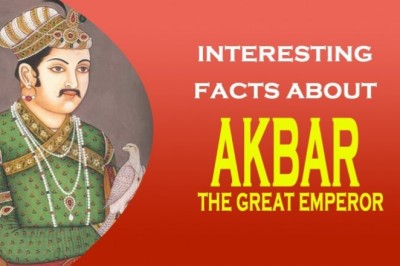views

The most effective book publicity has many dimensions. A well-planned marketing campaign may contain some of all of these aspects, depending on the book and author. Some of the more common approaches include pitch-only outreach. It refers to the time when publicists send only a pitch–without a press release–to a list of media contacts. This practice has become more common over the years and is often useful for radio and TV pitching. Shorter can be better, so pitch-only plays to the limited time many producers have available. The press release is sent as a follow up to those who are interested.
Long-lead media refers to monthly magazines that plan and produce their issues several months before the issue date. For example, during late summer, some magazines are working on holiday issues. The long lead times mean publicists need to pitch editors at these publications three to five months before publication date. Without adequate lead time, the publications won't consider the book as new. Or, if a book has a tie-in to a specific season or time of the year, for example, summer travel and vacation, pitching to those media takes place during February or March. It requires working well in advance.
Short notice media hits most often are directed to the radio, which is the quickest responding media. Requests to interview authors can sometimes be very immediate. They provide only a day, or in some cases only hours, of advance notice. Show producers often want an author on-the-air quickly because they are filling many hours of airtime every day. Last-minute requests also come through when a previously scheduled guest cancels an appearance. It creates an immediate need to fill the airtime with another guest. Sometimes, being available quickly can help land a plumb spot.
Personalized pitching is an excellent book publicity tactic. The response rate from pitching is nearly always higher when a pitch is personalized. It doesn't mean an email that opens Dear Mr. Smith, but rather it refers to something relevant to the media contact. It shows the publicist is taking the time to verify that the author and book are an appropriate fit for the show or publication. The person on the receiving end responds better, knowing they aren't receiving a mass email blast. People appreciate it when someone understands them and realizes they may have an interest in the author and book.
SHARE











